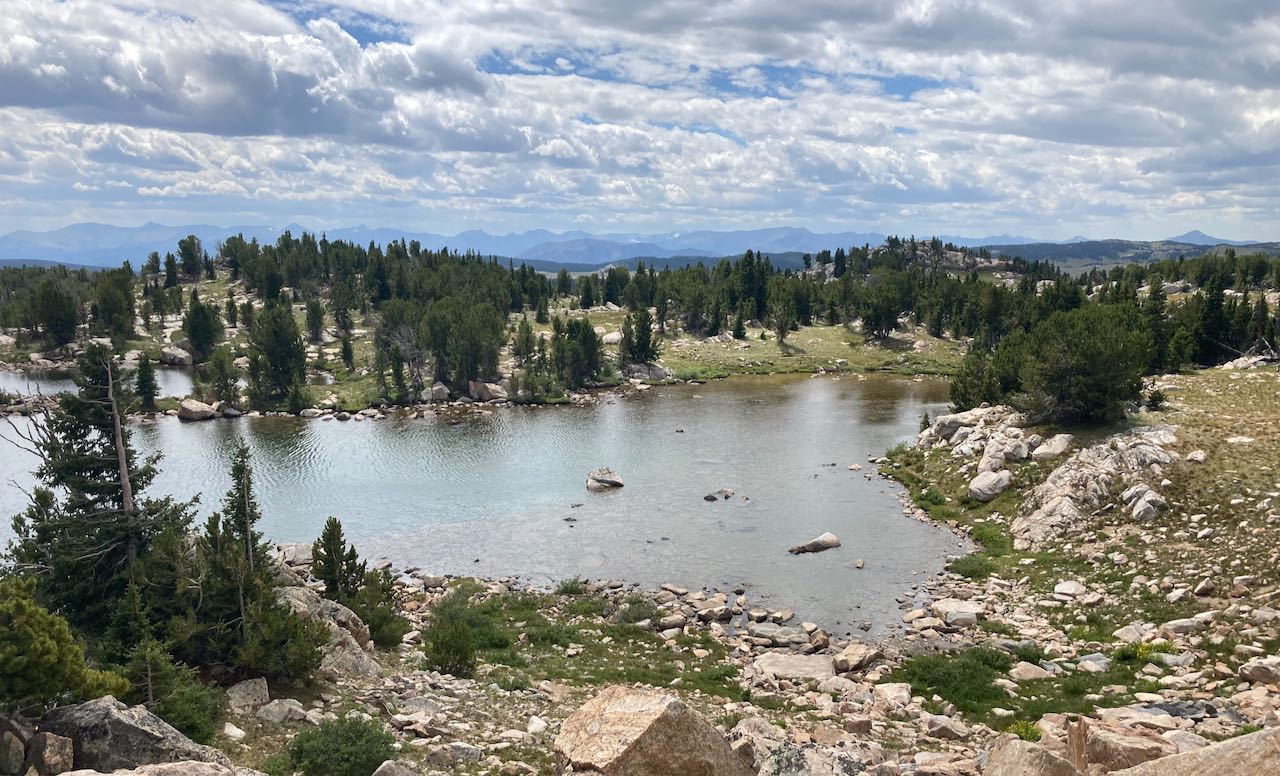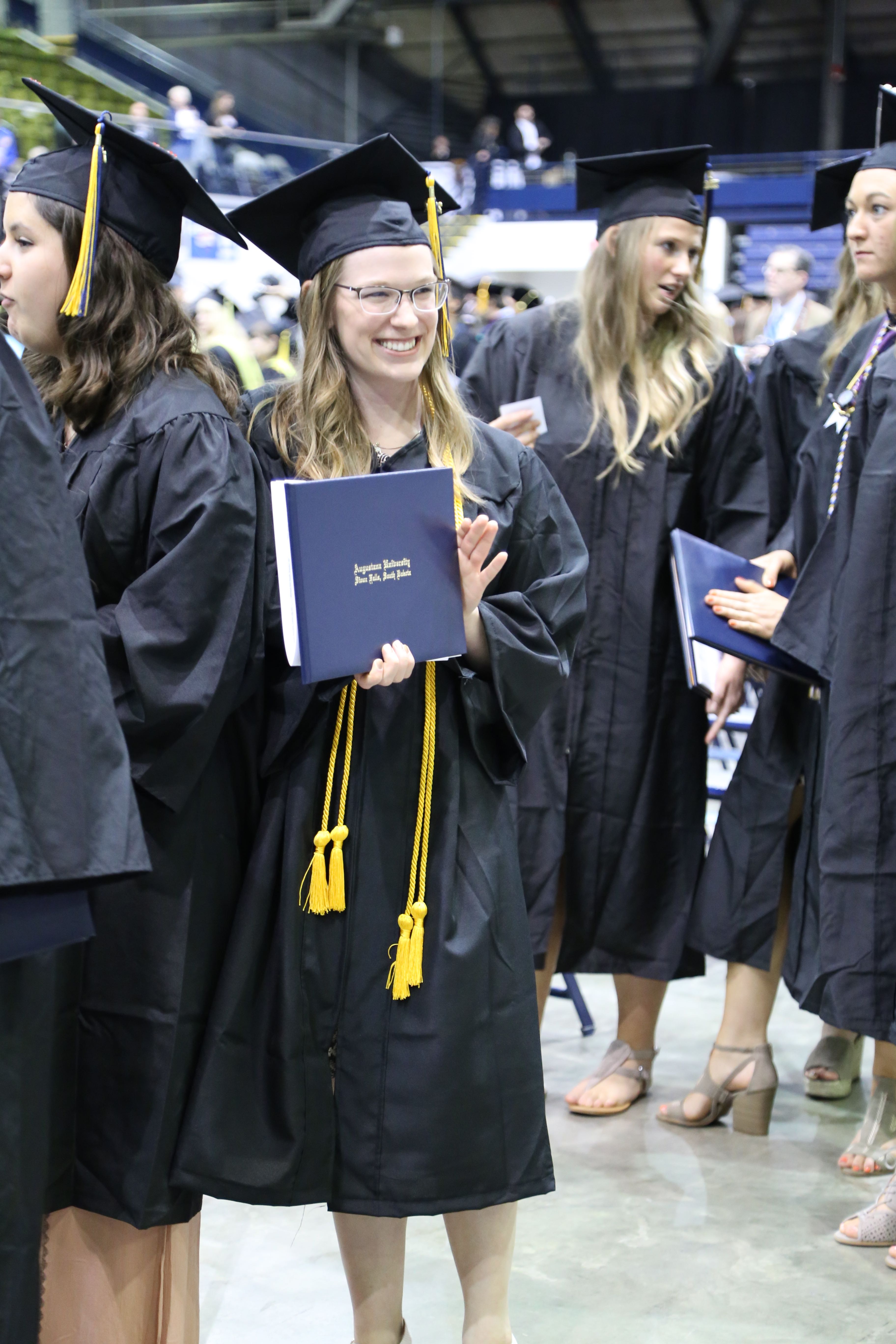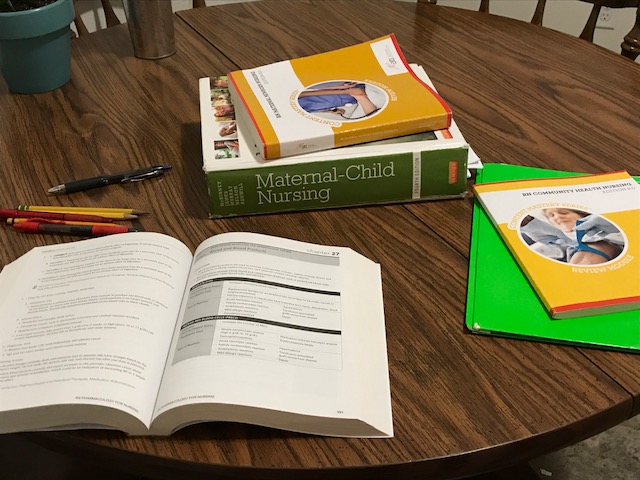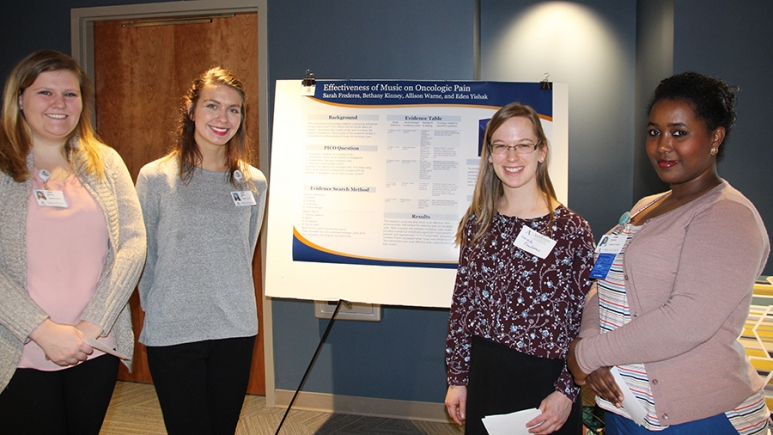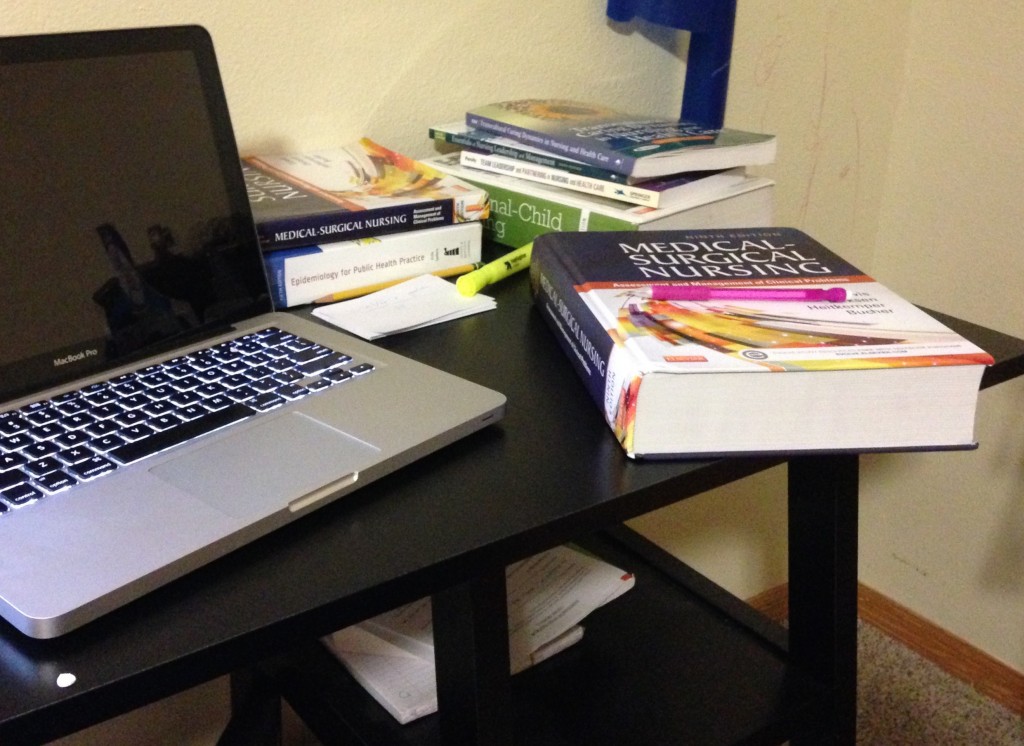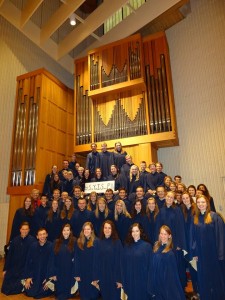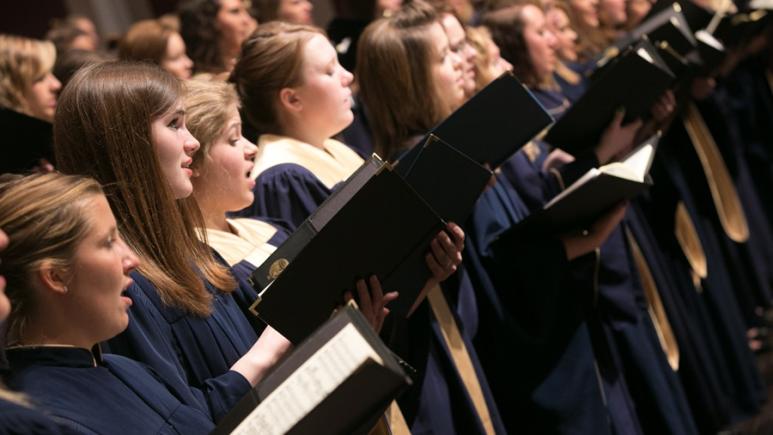College Life
College Scholarship Interviews and the Homeschooler
I earned a full ride scholarship to a local liberal arts college. This, however, had nothing to do with my skills interviewing with college administrators and admission. I was a young and naive homeschooler with idealized ideas about the world of higher education. I didn’t know it, but I was completely mistaken about what types of students would walk away from scholarship interviews with the coveted prize. I was a strongly academic student, and I wrongly assumed that this would give me an edge in the contest. I didn’t realize how wrong this was.
Now, I am not able to go back and repeat this part of my life to test my theories or sit in on the winning student’s interviews, but after spending four years in the college liberal arts system. I worked closely with my professors and paid lot of attention to the ideals emphasized, and which students were chosen for special honors. Now, I have a much better idea of the type of student they have in mind. I realize that nothing is given away for free – the college considers the scholarship to be an investment in their long term goals.
Skills college admissions interviewers are looking for:
I graduated with a 3.93 GPA, and participated in choir all four years. However, I was not the ideal student from the administration’s perspective. I now realize that being a strong academic performer doesn’t help much unless it’s focused in these areas:
- Writing. Practice writing. Learn essay structure are invest in classes that teach you how to think. Find out about their college paper, which is a good reflection of the values of the school. Is it run by the English department students? Do general students have an ability to submit articles?
- A strong student and an interest in their honors program. Here is the exception to the normal case where academics doesn’t matter. A college sees an honors program as a chance to invest more into you and
- If you play sports and are also strongly academic, you have a firm advantage.
Ironically, when I was interviewing with my choice college, the skill they honed in on was something I had to offer their college, and also the least academic thing I am able to do. They were intruiged by my certifications as a ballet instructor, and my interest in giving classes to their student. In hindsight, I see why. It was the only thing in the interview about what I could do for them to make their campus a more interesting place for other students.
Show how you engage with the world
Colleges want to believe they are growing the next generation of thinkers. They want to believe that their education is impacting the future course of not only their students, but the country. Note my sceptisicm. I have heard that when academic standards were high. What I experienced was often a place where ideas were presented one sidedly, and only a few times did I hear genuine debate presented. Even this was limited to a few of my high quality professors. I would like to share how I believe future students can use this to their advantage rather than sidetrack into ranting about the negatives of my college experience.
High school activities to emphasize:
Emphasize activities where you held any sort of leadership or organizing role. Large projects and activities involving community coordination should also be stressed. Eagle scouts projects are a good example. Talk about volunteering and public service work you have accomplished.
Be a people person.
If you are homeschooled and interviewing with someone involved in formal education, discussing socialization is a must. Find out if they have met homeschoolers in the past. If not, they may be a victim of the socialization myth. Give them a rundown of what your education really looked like.
If you’re an introvert, casting yourself as a people person can be tricky. Emphasize your unique traits, perhaps how you love to study people and really get to know them as people, how you build connections, or any way that puts your patterns of social interaction in the spotlight. I am quiet in groups, naturally drifting to the back of a room during group activities. My personality is well adapted towards hours in the library prepping for a test but did not make me the star that interviewers were scouting. However, I counteracted this by getting involved in lots of clubs right away when I began school. Even living off campus, I soon made my way into several different circles among the student nurses and choir culture.
Most surprising question.
“What will you change about our school when you’re here? ” This followed more typical interview questions such as ‘tell us about your strengths’ and ‘what activities were you involved in with school?’. I was taken aback. I believe I stammered out an answer to the point that I was just arriving and learning about the school, how could I want to change anything?
Had I known then what I do now, I would have done a lot more research on whaat the current focal points of the school were, and tried to find a way to fit myself into that mission. From the admission department’s perspective, there’s always room for improvement. This would require some research ahead of time. What projects is the school working on? Where would they like to be in the next 5 year, after your time there is complete? After some reflection, I realized what the ideal candidate for this scholarship would look like.
I realized that the ideal candidate is the student who will spend four years learning the values of the school, working for increasing admissions, and improving the experiences of all the other students around them.
An exceptional candidate will have a goal past school that will create name recognition. I realize someone hoping to become a prominent lawyer or government official would have more of an edge in a scholarship competition.
Maybe they will love the college environment so much, they won’t leave when they graduate. They will either go on to further studies in a graduate degree, or be hired into the administration to continue their work at the school. In this way, the college’s investment of a scholarship will have paid off, fully to their advantage.
Research Presentation
We researched the evidence for providing music to patients with cancer for pain relief, and found a small but significant effect. We presented to faculty and local hospital administrators this weekend, and ended up being featured on the university website: http://www.augie.edu/news/nursing-students-present-research-findings.
The presentation was for a class on nursing research. Although the class has been interesting, the material deals in reading academic journals and interpreting statistics-which is very different from the beaten trail of anatomical and medical coursework. Fortunately, the project was done in groups, and I was able to work on the project with my fellow students and friends, and we formed a wonderful team:
Our review of the evidence on music and cancer pain ended up taking second place, which means that we will be taking our presentation to a larger conference in the spring.
Deep Breath
The semester has gone by in a blur- why are there Christmas lights up everywhere? Snow fell gently most of the day, helping reorient me to the time of year. Time for sweaters, scarves and lots of hot tea.
I’m humming songs from the Christmas concert the college will perform at the end of this week-my fourth and last time in the production. Some tunes are familiar, but most are arrangements of lesser known carols and rearrangements of classic hymns. We rehearsed the full program today for the first time, including all four choirs, the brass choir, and the orchestra. The pieces this year are beautiful.
Between choir performances and nursing coursework, I’m staring down the busiest week of the semester. The workload through the year has been nothing like the constant tests of last year, but now new ideas hover on the horizon. Interview preparation is now in the front of my mind, and I will begin the job search at the end of this week as local hospitals post next year’s positions. I’m also working with a group of students to practice a final presentation-that will be given to actual hospital professionals. Finals are almost here, but this week will be the real challenge. I’m taking a deep breath, and getting ready to push through to the end.
Fall Semester
I stepped out my door this morning to the usual 8 am chill, and felt my foot slide ever-so-slightly. No, I thought. It can’t be quite yet.
Crispy white grass told me otherwise.
The first frost makes it easier to believe October has arrived. School days are flowing by smoothly, thanks to a schedule that accommodates the heavy nursing school workload much better than last year. Advanced level classes have been incredibly interesting, with studies in mental diseases, nursing research, and detailed health classes. The calmer days won’t last, as midterms are just around the corner, complete with tests and eighteen pages of essays to write. On the other side-fall break!
Senior
At my first clinical back at the hospital for the semester, I was worried that I would have lost some of my skills so rigorously practiced the year before. Instead, I watched myself spoke a new bag of saline fluids and hang it smoothly, finishing an IV setup after barely thinking about it. A year ago, I was all thumbs the moment you handed me a piece of medical equipment.
Senior status. Definitely ‘feelin’ it’. To use a very distinguished collegiate expression.
Looking Back
Much of the difficulty the past year came from trying to balance school with multiple jobs. Balance, though, is not the right word. It felt more like a circus act-and I was the performer spinning plates on long poles, praying one does not slip and bring everything down at once. Several times a dish nearly slipped, and I missed assignments and commitments. Everything not absolutely urgent was put on hold.
I thought the challenge of the junior year would be in the complexity of the material presented, or in the details of tests. Instead, it was marathon that wore me out with a constant barrage of assignments and tests best described as a semester long finals week. Every time I believed I was falling into the rhythm of the school year, something new was thrown at me. Clinicals, research papers, presentations, and comprehensive tests followed one after the other. My classmates and I had to adapt to a new type of test, in which all multiple choice questions have more than one right answer. Which right answer has the highest priority?
Next year, I have heard, is not nearly as intensive. Nevertheless, I have taken a much different approach to how I set up my schedule. I simplified a lot, condensing my dance and work schedule to be more reasonable. I am also making one other change. I will be living on the college campus next semester.
Cantate!
This semester, I have been privileged to sing with the upper level choir at my school. Before I began college, I didn’t have much exposure to choral singing. I loved music, but thought of it only as either instrumental or a singing soloist. Choral works fall somewhere between the two, as voices form a living orchestra. This was new to me. I remember the first concert I attended seemed to take forever, but the next went by a little quicker. Now, I pay so much attention to the different voice parts in a composition that a two hour program seems brief.
(my college choir poses for an official photo)
Over the last year, choir has increasingly become the focal point of my school day. Bible verses form many of the choir’s pieces, and the significance of the text unfolds as we work with the text day after day. With so much repetition, rehearsal is reminiscent of the meditation of ancient Christian hermits. I am reminded of the saying ‘singing is praying twice.’
(some of my choir fellows at a concert last year)
One of my favorite things about music is that it is meant to share with an audience. The meaning of each song is twofold: consisting not only of the words the composer has set to music, but also of how the lyrics and melodies affect each listener. As the background of each person is unique, no one will be moved by the music in quite the same way. We speak to each person individually, and many grow misty eyed as they listen. Are the feelings we evoke sad or sweet? Maybe some relive memories of long ago. Others, perhaps, are reminded of loved ones who have passed away. I do not know the details of each life that listens, but as we sing we reach to everyone.
(one of my favorite pieces from our Christmas concert last week)
Music is the only form of art that completely surrounds and immerses its audience. Stand in a grand cathedral as sound reverberates from every wall and you’ll see what I mean. As we perform, the music courses through my veins, invigorated as I blend and harmonize with those around me. Long after our concert, the words echo back to me in quiet moments, the beauty not confined to the mere performance.
Well, It Seems I am Alive
I’ve made it to fall break.
But only barely.
The last six weeks have required a learning curve in more than a few ways. School assignments build up quickly, and it took a few weeks to feel as though I had fallen into a rhythm. I was just beginning to feel proud of myself for getting the hang of it, when the teachers announced the beginning of clinicals, and the numerour assignments and reports they entails. It took until last Tuesday for me to feel like (I think) I know what I’m doing.
School is very real now. I’ve given injections, watched a surgery, and taken care of a patient. I’m also operating at maximum capacity most of the time. I used to be astonished at other students who started to fall asleep in class. Now, I have to keep my own head from bobbing the day after clinical. (It’s a really early morning to be at the hospital, and then a late night to finish the post-clinical reports.)
It is also different being one of the ‘old’ students. On the first day of class, I walked up to the classroom where I would be taking psychology, one of my last general courses I need. I noticed a large group of student waiting around nervously, almost to timid to enter the classroom. I wasn’t sure what was wrong so I walked in and they all followed after me like ducklings after their mother. Several asked me a few questions, which I answered without understanding their significance.
Suddenly it hit me: these were freshmen, and this was their first class. I was momentarily taken back two years, remembering my first day. Excited to be at ‘real school’, but terrified I would make a mistake. The faces of those older students who had recognized my hesitation, shown me around the buildings, and answered my questions still remain vivid in my memory. Truly, it does only take a moment to make a difference to a frightened freshman. Quickly, I put on my responsible older student hat, and welcomed the newcomers to Augie, and assured them they were in the right classroom. Their relief was plainly visible.
I was a more than a little stunned to realize how much time has passed since I started school. Even more frightening- before I know it, another year and a half will pass, and I’ll be wondering how I have come to be a college graduate.
Two Weeks In
I’ve passed the two week mark for school, and while I’m definitely not yet riding the waves, I’m starting to swim. After feeling like I constantly need to figure out what I should be doing for this long, I’m finally (dare I say it?) starting to fall in to a routine.
I’m learning to understand lab values that a week ago were a meaningless jumble of numbers. Now I see them as the difference between life and death. Potassium levels? Crucial. Ph of the body? Better be in a certain range.
For so long, it seemed my classes focused on various things with no rhyme or reason. Two weeks on the electron pump of the cell. A week and a half on osmolarity. Three weeks on the immune system. Finally, it all makes sense, and everything I’ve studied the last two years is being pulled together.
On This First Day of Lent
Happy Ash Wednesday! I always have a hard time registering every year that it is Lent already, here is something to make it easier to get into a Lenten mood. I sang this piece, Pergolesi’s Stabat Mater, last spring when I was a member of the women’s choir at my college (I’m in a mixed choir this year). I love the beautiful melody, and it remains my favorite piece of choral music I have heard to this day. The haunting, mournful music complements the words of the passiontide hymn, and I love the soprano and alto harmony throughout the piece. The words are:
Stabat mater dolorosa, juxta crucem lacrimosa, dum pendebat filius.
At the cross, her station keeping, stood the mournful mother weeping.
I am singing alto in the back row in this video, but I’m so short you can only see the top of my head!
Approaching Nursing
Chemistry, anatomy, and physiology classes are behind me now, and only a few prerequisites to are left for me to take before the nursing program begin full throttle next fall. When the spring semester begins on Wednesday, my classes are narrowed down into specific topics like pharmacology and microbiology.
I just finished my introductory nursing class that ran for the entire month of January. Many topics we examined were already familiar to me, touching legal issues, ethics, and what it is to be caring. Others sections were more useful, such as safety methods and communication strategies for patients and doctors. A few things were completely new to me, like learning how to navigate academic journals filled with articles on which nursing treatments had the most successful outcomes. But the most interesting moments were when the teacher went off on a tangent and spoke of her personal ICU nursing experiences. The class also included a group project where we role played a scenario of the best way for a nurse to work with an upset, elderly patient at risk for falling. My group had a lot of fun and even decided to dress up:
